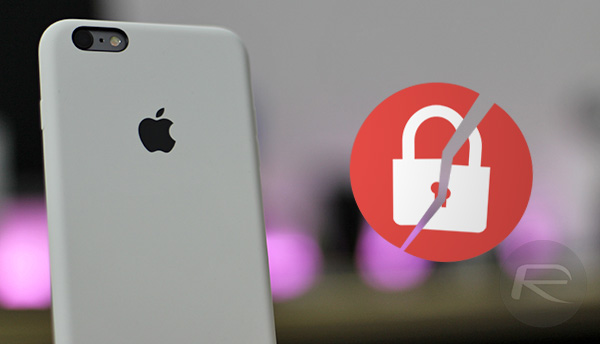As we could have probably predicted, things between Apple and the FBI are starting to turn a little sour as part of the run-up to the March 22 hearing. Prosecutors involved in the case have filed a third motion, that once again attempts to convince Apple to go through the necessary processes involved in breaking encryption on the iPhone that was used as part of last year’s San Bernardino shooting in California. Apple, as you might expect, isn’t exactly pleased with not only the recent motion, but also the wording and terminology used within that filing.
The prosecution’s latest filed motion is the third one so far, following on behind those made on February 16 and February 19. Apple has previously objected to those original filings, but appears to have taken a slightly different tone to this latest one, presumably based on the content and wording of what the prosecution is putting across as part of the document.

In particular, the fact that it attempts to play on the “terrorism” part of the case, and also essentially accuses Apple of lying to avoid having to satisfy the court order:
The government and the community need to know what is on the terrorist’s phone, and the government needs Apple’s assistance to find out. Apple’s rhetoric is not only false, but also corrosive of the very institutions that are best able to safeguard our liberty and our rights.
The government filing also took the opportunity to question Apple’s claims that any produced backdoor – dubbed the “GovtOS” – to the iPhone would essentially offer a way into any device should the solution fall into the wrong hands:
Far from being a master key, the software simply disarms a booby trap affixed to one door.
In retort, Apple has held a conference call with members of the press in order to clarify a few things that have been outlined in the motion. In fact, Apple called the latest motion a “cheap shot” that attempts to deviate away from the debate around the importance of encryption, and the role it plays in protecting the liberties of citizens. Apple’s General Counsel and SVP of legal within the company, Bruce Sewell, took things one step further by accusing the government of trying to “vilify Apple” with internal theories that are simply unsubstantiated, followed by terming the DoJ’s push as nothing but desperation under which “it has thrown all decorum to the winds”.
Everyone should beware, because it seems like disagreeing with the Department of Justice means you must be evil and anti-American. Nothing could be further from the truth.
We’re actually surprised that it took this long for shots to be fired between Apple and the government agencies attempting to force the company to unlock iPhones on their behalf. It certainly makes things a lot more interesting for the upcoming March 22 hearing.
The full 43 page document filed by the prosecution can be read below.
You may also like to check out:
- Tech Giants Take Apple’s Side In Court In iPhone Backdoor Case, Rival Samsung Is Undecided
- Google CEO Sides With Apple And Tim Cook, Opposes FBI’s Demand For iPhone Backdoor
- Donald Trump Calls For Boycott Of Apple Products, Apple Responds
You can follow us on Twitter, add us to your circle on Google+ or like our Facebook page to keep yourself updated on all the latest from Microsoft, Google, Apple and the Web.
